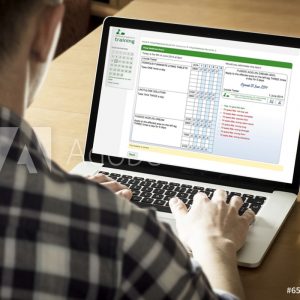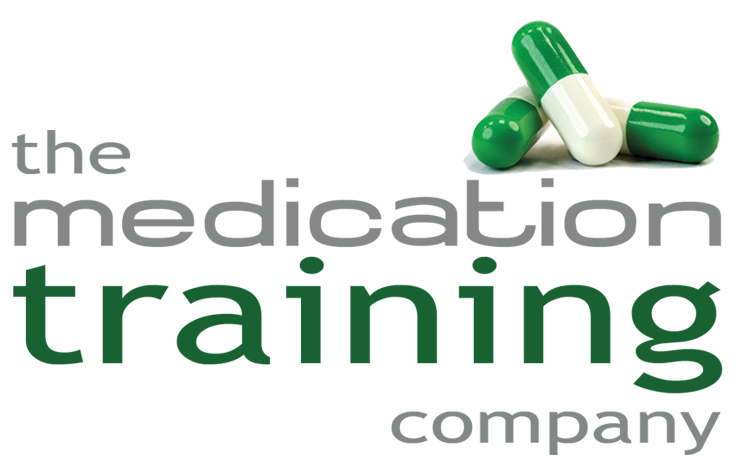29 Sep How often, and how, should medication training be repeated and competence assessed?
Regulation 18 of The Health and Social Care Act 2008 states there needs to be sufficient numbers of trained staff available, but gives no more detail than that. Hence, CQC refer to NICE guidelines which state:
For care homes (1): “Good Practise is represented by the care home provider undertaking an annual review of the knowledge, skills and competencies relating to the management and administration of medicines”.
For community settings (2): “Care workers are assessed as competent to give the medicines support being asked of them, including assessment through direct observation” AND “have an annual review of their knowledge, skills and competencies”
So that’s annually then.
Now you could argue with CQC that NICE only ask for a ‘review’, but most CQC inspectors interpret this as meaning medication training and competence checks are to be repeated annually.
So how should training be refreshed?
Start by stopping, stop sending staff on the same course each year; it’s just ticking a box, leaving staff disgruntled and wasting an opportunity to upskill them. Medicines administration and management is a broad subject (as a pharmacist, I studied it for 4 years as an undergraduate, plus 29 years up to today). I’m not saying staff need to become pharmacists, but one day’s training definitely doesn’t cover it all. So let’s not just repeat the same day’s training every year.
If (as we do) you only get one day with staff, teach them how to administer medicines rather than attempting to teach (and yes, these are real learning outcomes taken from other training providers):
- How medicines work
- Common side effects
- Routes into the body, and
- Responsibilities of the prescriber, nurse and pharmacist.
It’s like teaching someone to drive by asking them to describe how an internal combustion engine works, or outlining the history of car production from 1886 – 2022. When do they get in and practice driving the car? This is why we teach staff to administer medicines by having them actually practice administering medicines.
So for the refresher, as well as updating them on any changes to best practice, you should re-test their competence to select and administer the correct medicines (i.e. put into practise what they learnt last year). If we stick with the car analogy, rather than repeating their driving lessons, have them repeat their driving test each year.
Assess competence
Our refresher courses also assess competence which is another point mentioned in the NICE guidelines. For care homes, this certainly satisfies the NICE guidelines. However, community guidelines also mention “assessment through direct observation”. We agree watching staff at work is a good idea, in fact we offer an Assessors Course to train Assessors to do this. However, there are limitations to just using direct observation in the workplace:
- The medicines are usually correct to begin with so how do you know staff are checking them properly? This is why we use a Virtual Medicines Round to assess staff online
- How do you assess someone’s ability to deal a client declining their medicines, or using eye drops, inhalers etc. Will an assessment with one client be enough to see everything? Hence we assess staff by asking them to watch a video of medicines being administered (e.g. inhalers) and ask them to identify mistakes
- How long will one assessment take? With lots of staff, will assessors just complete a tick box exercise to get through the numbers?
One answer is to assess staff in a classroom environment with all these scenarios (as we do in our face-to-face refresher course).
Extend knowledge and skills
You can also add in an intermediate course to extend staff knowledge each year, into areas such as:
- Controlled drugs
- Medicines knowledge around anticoagulants and other high risk drugs
- Medicines reconciliation and transcription
- More in-depth modules on topicals
So why do we put 2 years on our foundation certificates?
We have customers who request this, and we want to be flexible. But we also encourage organisations to use our refresher/competence assessments a year after their foundation course to satisfy CQC requirements. We also have customers who want a one year validity on their foundation certificates, and for them, we can tailor certificates in this way. Just let us know.
John Greene MD and Principal Pharmacist.
References
(1) Managing medicines in care homes. Social care guideline [SC1]



